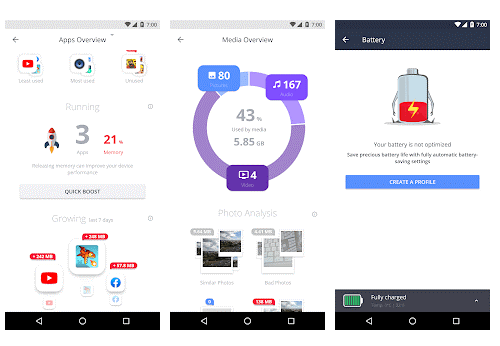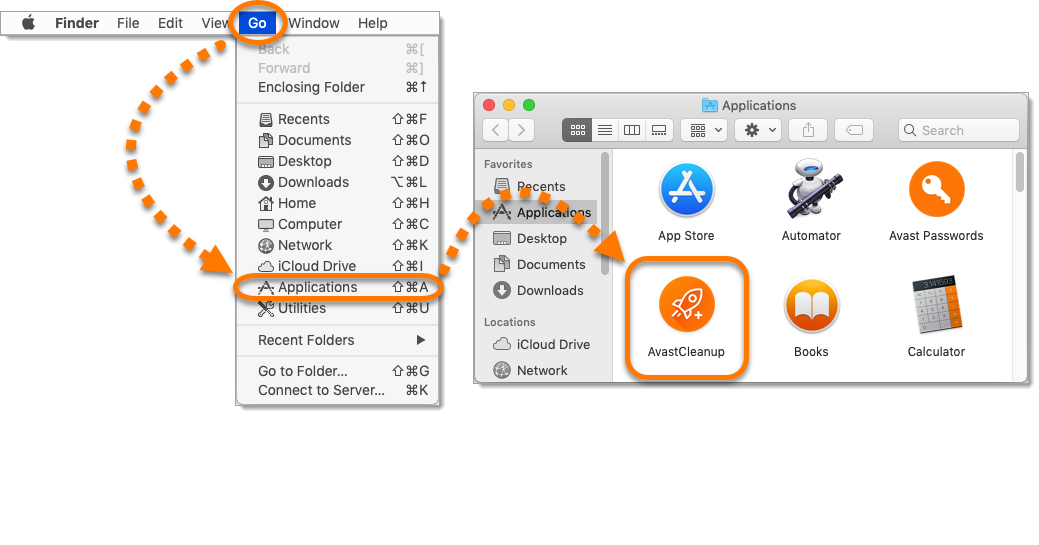

Even “well-intended” bloatware gums up your operating system, because it needs computing power to work. Generally not preinstalled by manufacturers ( except when it is), adware chokes performance, is extremely annoying, and can leave you vulnerable to security risks.īloatware slows down your device by silently running in the background.

Because adware is installed directly on the operating system, the ads follow you around from browser to browser, even after you clear your cookies. And toolbars will often hijack your browser, like the notorious Ask toolbar.Īdware : Adware is pop up advertising that floods you with spam messages while you browse the internet. Often clunky, and packed with random websites, preinstalled toolbars are never as good as their customized counterparts that base their menu items on your browsing habits. Toolbars : Toolbars are those annoying browser menus that are tricky to get rid of. Think weather apps, calendar apps, and system cleanups. It’s often the way manufacturers try to nudge you to use their particular version of a product. Utility apps: Also called junkware, utility apps are a type of preinstalled bloatware intended to serve a purpose or solve a problem.
Alternative to avast cleanup for mac software#
Once the trial expires, the software stays on the device clogging up space and potentially causing security vulnerabilities. Trialware: Trialware refers to initially free, time-limited software that comes preinstalled on a device. But anyone who’s tried to uninstall unwanted iPhone apps (I’m looking at you: Health app, Wallet app, Game Center) knows that PCs aren’t the only bloatware offenders.īloatware is generally classified into one of the following four categories: So what is bloatware besides a waste of space? Well, it’s a revenue stream for a tightly squeezed industry (telcos) and products with thin margins (PCs).
Alternative to avast cleanup for mac free#
These files can be safely deleted to free up space.36695550682 Logo Ameba Icon Security Icon Security White Icon Privacy Icon Performance Icon Privacy Icon Security Icon Performance Icons/45/01 Security/Other-Threats Icons / 32 / Bloatware removal Icons / 32 / Registry Cleaner Icons / 32 / CleanUp Icons / Feature / 32 / Mac Icons / 32 / Browser cleanup Icons/32/01 Security/Malware Icons/32/01 Security/Viruses Icons/32/01 Security/Other-Threats Icons/32/01 Security/Passwords Icons/32/01 Security/Ransomware Icons/32/01 Security/Business Icons/32/02 Privacy/Browser Icons/32/02 Privacy/IP adress Icons/32/02 Privacy/VPN Icons/32/02 Privacy/Proxy Icons/32/02 Privacy/Streaming Icons/32/03 Performance/Celaning Icons/32/03 Performance/Drivers Icons/32/03 Performance/Gaming Icons/32/03 Performance/Hardware Icons/32/03 Performance/Speed Icons / 32 / Bloatware removal Icons / 32 / Registry Cleaner Win Icons / 32 / CleanUp Icons / Feature / 32 / Mac Icons / 32 / Browser cleanup Icons/60/02 Privacy/02_Privacy Icons/60/01 Security/01_Security Icons/60/03 Performance/03_Performance Icons/80/01 Security/IoT Icons/80/01 Security/Malware Icons/80/01 Security/Passwords Icons/80/01 Security/Ransomware Icons/80/01 Security/Viruses Icons/80/01 Security/Other-Threats Icons/80/03 Security/Business Icons/80/02 Privacy/Browser Icons/80/02 Privacy/IP adress Icons/80/02 Privacy/VPN Icons/80/02 Privacy/Proxy Icons/80/02 Privacy/Streaming Icons/80/03 Performance/Celaning Icons/80/03 Performance/Drivers Icons/80/03 Performance/Gaming Icons/80/03 Performance/Hardware Icons/80/03 Performance/Speed Icons/80/03 Performance/03_Performance Icons/80/02 Privacy/02_Privacy System files that macOS adds to external files formatted for other operating systems. Remember that one photo of yourself in highschool with the bad haircut you downloaded from someone else’s Facebook 4 years back? Yeah, it’s still there… Get rid of the forgotten files in your macOS recycle bin. In most cases you won’t need them, so why keep them? Applications create logs to record normal operation or how they crashed.

Deleting this cache not only frees up drive space, but can help protect your privacy. Safari®, Chrome®, and Firefox® browsers store non-critical temporary files and cookies in a cache folder. They include leftover data from applications you may have uninstalled ages ago or programs like Xcode or Safari. MacOS and 3rd party applications automatically create temporary files, which aren’t critical but waste lot of drive space.


 0 kommentar(er)
0 kommentar(er)
